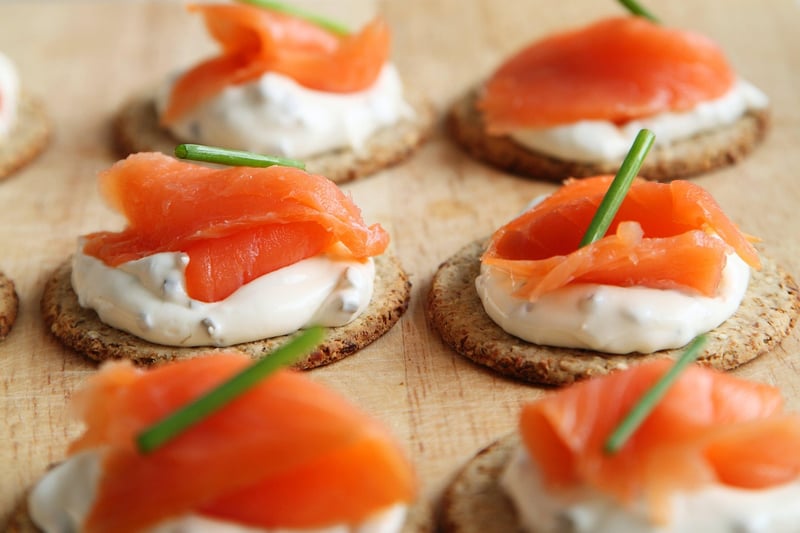Meal Planning
Essential Tips for a Balanced Diet and Effective Meal Planning
The Importance of a Balanced Diet
Eating a balanced diet is crucial for maintaining good health and well-being. A balanced diet provides the necessary nutrients, vitamins, and minerals that your body needs to function properly.
Key Components of a Balanced Diet
- Proteins: Found in meat, fish, eggs, and plant-based sources like beans and nuts.
- Carbohydrates: Include whole grains, fruits, and vegetables for energy.
- Fats: Opt for healthy fats like those found in avocados, nuts, and olive oil.
- Vitamins and Minerals: Ensure a variety of fruits and vegetables to get a range of nutrients.
- Hydration: Drink an adequate amount of water throughout the day.
Meal Planning Tips
Effective meal planning can help you maintain a balanced diet and save time and money. Here are some tips to get you started:
- Plan Ahead: Take some time each week to plan your meals and snacks.
- Include a Variety: Incorporate different food groups to ensure you get a range of nutrients.
- Prep in Advance: Prepare ingredients or meals in advance to save time during busy days.
- Use a Shopping List: Stick to your meal plan by creating a shopping list and avoiding impulse buys.
- Listen to Your Body: Pay attention to hunger and fullness cues to avoid overeating.
Sample Balanced Meal Plan
Here's an example of a day's worth of meals that incorporate the key components of a balanced diet:
Breakfast
Scrambled eggs with spinach and whole-grain toast

Lunch
Grilled chicken salad with a variety of vegetables and a vinaigrette dressing

Dinner
Baked salmon with quinoa and roasted vegetables

Remember, a balanced diet is about moderation and variety. Consult with a healthcare provider or nutritionist for personalized advice based on your individual needs.
Start incorporating these tips into your routine for a healthier and more balanced lifestyle!
